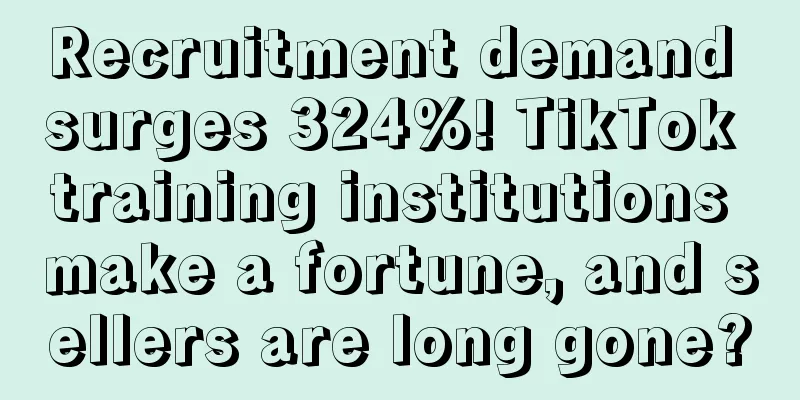U.S. consumer spending slowed down at the start of the year! Has the cooling trend been set for 2023?

|
It is learned that the latest research shows that US consumer spending may shrink further in January, and retailers face greater pressure to clear inventory. At the same time, the risk of a US recession is increasing, and the weak consumer spending trend may continue in 2023.
In previous years, January is usually the peak period for consumers to return or exchange goods after Christmas shopping, and it is also an important period for retailers to clear excess inventory during the peak season. However, research shows that American consumers' credit card balances have risen, personal savings rates have fallen, and sales of large items have weakened significantly. January also marks the end of many retailers’ fiscal years, and sales results during this period will also affect the success or failure of their holiday quarter sales performance. January sales may also set the tone for 2023, with some economists and retail industry observers predicting that the United States is about to fall into a recession.
As a result, more retailers are launching promotions to drive consumer purchases during the post-holiday slow season, seize the opportunity to sell excess inventory and get a good start to the new fiscal year.
So far, early results for holiday season sales have been better than some economists and retailers had feared. Sales from Nov. 1 to Dec. 24 rose 7.6%, according to Mastercard SpendingPulse, which measures in-store and online retail sales for all forms of payment.
But store traffic during the peak holiday season has lagged significantly. According to data from analytics firm Placer.ai, from Black Friday to the week of Christmas, traffic at six retailers, including Walmart, Target, Best Buy, Nordstrom, Kohl's and Macy's, fell an average of 3.22% year-on-year. It has fallen nearly 5% compared to before the epidemic.
Economists are closely watching consumer indicators as the new year begins.
On the positive side, unemployment is low and the job market remains tight, said Michael Zdinak, an economist at S&P Global Market Intelligence. Inflation has cooled, with price increases in November less than expected, he said.
But on the other hand, food prices remain high, retail demand is weakening, and savings are not looking as strong. The personal savings rate has fallen significantly. According to the Bureau of Economic Analysis, people saved 2.4% of their disposable income in November.
Zdinak expects the recession to begin in the first quarter of 2023 and last for two quarters, with consumers who spent more than their budgets during the holiday shopping season cutting spending further in 2023. Editor✎ Ashley/ Disclaimer: This article is copyrighted and may not be reproduced without permission. |
Recommend
What is the Transparency Program? Transparency Program Review
Amazon's Transparency program helps track inve...
Pure dry goods | The whole process of Amazon new product promotion - pure white hat
Things to note before putting the product on the s...
What is Spartannash? Spartannash Review
Spartannash Company (formerly Spartan Stores, Inc....
It can be on the front page in one day! The latest Amazon advertising routine is exposed
Since entering 2019, Amazon has made many adjustme...
What is B2B (Business to Business)? B2B (Business to Business) Review
B2B (Business to Business) refers to a business mo...
Walmart Mexico fined $4.6 million for suspected market monopoly, antitrust review continues
The Federal Economic Competition Commission (COFEC...
What is the R mark? R mark review
"R" is the first letter of the English w...
Shopify launches new tool Shopify Tax to help sellers manage sales tax!
<span data-docs-delta="[[20,"Shopify 推出 Sh...
What is adSage? AdSage Review
Beijing AdSage Technology Co., Ltd. (AdSage/adSage...
Is it true that earning a million a month is a dream? New sellers want to enter the industry, but are instead being ripped off by training institutions!
“Easy to get started and create 10,000 orders a da...
3000 employees were cut to 300, but the boss smiled...
Now, a pretentious yet true saying has begun to ci...
What is W9 (US Tax Form)? W9 (US Tax Form) Review
W9 is the tax form for Americans. When filling out...
A basic tutorial for cross-border e-commerce beginners, suitable for beginners to create a small hit on Amazon
How to quickly create a hot cross-border e-commerc...
Walmart seller benefits are coming again, and logistics costs are reduced again!
In order to improve transportation efficiency, Wa...
What is Unabrands? Unabrands Review
Unabrands is an American Amazon third-party brand ...









